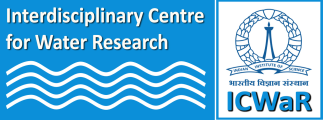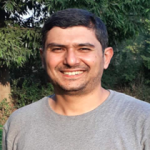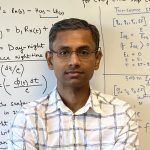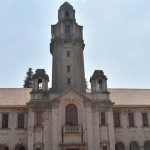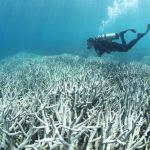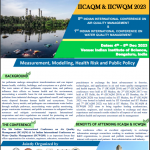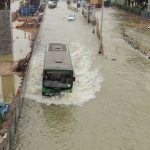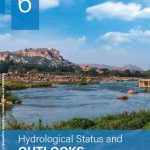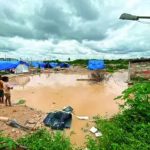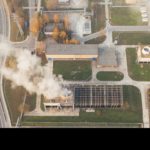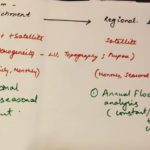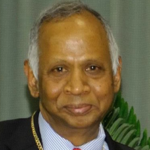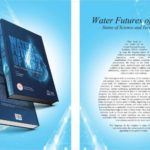Can new technologies help achieve water security?
Name of the Speaker: Dr. Bhanu Neupane
Title of the Seminar: Can new technologies help achieve water security?
Date and Time: 31st August 2020 (Monday), 4:00 PM
Online platform: MS Teams [link to the video of the seminar]
About the speaker: Bhanu Neupane is trained in Hydrosystems, Water Resources Management and Knowledge Management. He has a PhD in water resources management from Canada and a second Doctorate degree in Business Administration from the International School of Management, France/USA. He started his career as a change agent for a GTZ-funded agricultural inputs project in Eastern Nepal in 1987. He also served as an Agriculture and Natural Resource Management Specialist for a governmental research organisation in Nepal. He joined UNESCO (United Nations Educational, Scientific and Cultural Organisation) as a Programme Specialist in 2000 and served with the UN system-wide World Water Assessment Programme (WWAP). He was made responsible for the implementation of the International Hydrological Programme in South and Central Asia between 2005-2011. Currently he is working for UNESCO as a Programme Manager for ICT and Sciences and Open Access to Scientific Research. He is also working in the area of Open Data, essentially to improve and increase access to scientific data and information. He is also a visiting professor and regularly teaches courses related to knowledge Management, Multi-criteria Decision-Making, Water Resources management, and Disaster Risk Reduction at Universities.
Abstract: Technological solutions are transforming water resources management at an unprecedented pace. Management and governance of water resources are being influenced by a simple utilization of low cost intervention – such as a sensors — to the application of Artificial Intelligence (AI) and big data analytics. Such influences are, inter alia, helping to make reliable estimation of freshwater supplies, fostering access to high quality water, improving irrigation efficiencies for food production, and making industrial processes for energy production more sustainable. Technological innovations are also improving assimilation of vast amounts of data and information generated using a variety of platforms, unthinkable a few years ago. The technology aided information integration is contributing to better operation & maintenance, improving quality and management of water resources, thereby fostering their sustainable use and lasting resilience. But what is the global state of play for these issues? Are we inclusive and open in the process? What are the bigger questions? Is the science of hydrology and the data science or AI coevolving? What can be done to bring harmony between the two streams of sciences?
Date/Time
Date(s) - 31/08/2020
4:00 pm
